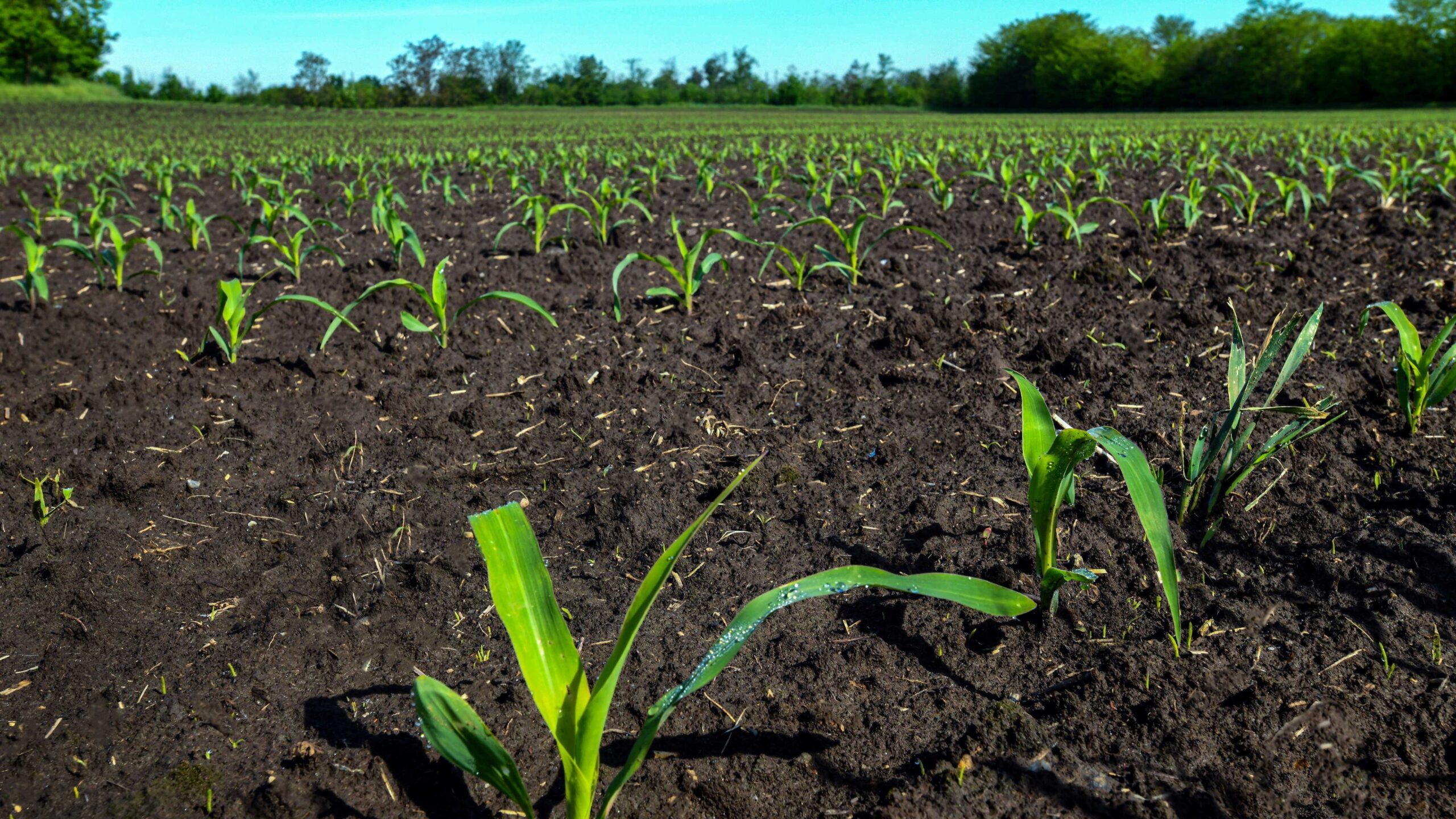The latest episode of János Áder’s Blue Planet podcast spotlighted the transformative potential of no-till farming. Former Hungarian President and Chairman of the Blue Planet Climate Protection Foundation János Áder hosted Ferenc Berend, an agricultural engineer and owner of the Somogyi Kószáló Farm, who has practiced no-till farming for over a decade.
Hungarian Conservative also conducted an interview with Ferenc Berend last year, after he had won an award at the Highlights of Hungary.
No-till farming involves minimal soil disturbance, with only 10 per cent of the soil surface affected. Farmers rely exclusively on seed drills without engaging in traditional ploughing, leaving mulch on the surface to nourish the soil and promote the growth of microorganisms.
Berend explained that his family shifted to no-till methods in 2011, a decision initially driven by economic considerations. His father had prepared for this transition during the drought years of the 2000s by acquiring non-inversion tillage equipment. Today, their entire farmland is cultivated without ploughing, which has virtually eliminated soil erosion.
‘The compacted plough layer that once existed 5–10 centimetres deep in traditionally tilled fields is gone. On our land, a probe can now penetrate 80–90 centimetres,’ Berend noted. While no-till farming results in slower crop development due to denser, moisture-rich soil, the method has proven highly effective under wet conditions. Berend recounted achieving double the average yield compared to ploughed fields—7 tonnes per hectare versus 3.5 tonnes. The method requires minimal intervention after harvest. ‘We don’t disturb the field. A no-till seed drill clears a narrow 2.5-centimetre strip and places the seed just 2–3 centimetres deep,’ he explained. This approach fosters natural soil health, reducing the need for microbial fertilizers and significantly decreasing pesticide use. Additionally, a blend of 7–8 plant species, including rye, barley, mustard, and phacelia, is sown as cover crops. These green plants are grazed in phases by Angus cattle, completing a sustainable cycle.
‘As climate challenges and the need for sustainable food production grow, no-till farming stands out as a promising solution that aligns environmental stewardship with agricultural innovation’
Berend highlighted that no-till farming has economic benefits, such as reducing reliance on bank loans and lowering stress levels for farmers. However, he acknowledged that widespread adoption requires a significant paradigm shift in agriculture, as the technique remains a niche practice.
Áder emphasized a unique advantage: no-till fields see a drastic reduction in ragweed, a highly allergenic plant that affects one in five Hungarians and depletes 30 per cent of soil nutrients. According to Berend, ragweed disappeared from their farm by the second year of no-till cultivation.
Both speakers agreed on the global potential of no-till farming. Its ability to prevent erosion, improve soil quality, enhance water retention, produce healthier food, and manage weeds has made it an increasingly popular practice worldwide. As climate challenges and the need for sustainable food production grow, no-till farming stands out as a promising solution that aligns environmental stewardship with agricultural innovation.
With its multifaceted benefits, no-till farming is poised to revolutionize agriculture, paving the way for a more sustainable and resilient future for farmers and consumers alike.
Read our interview with Ferenc Berend:








